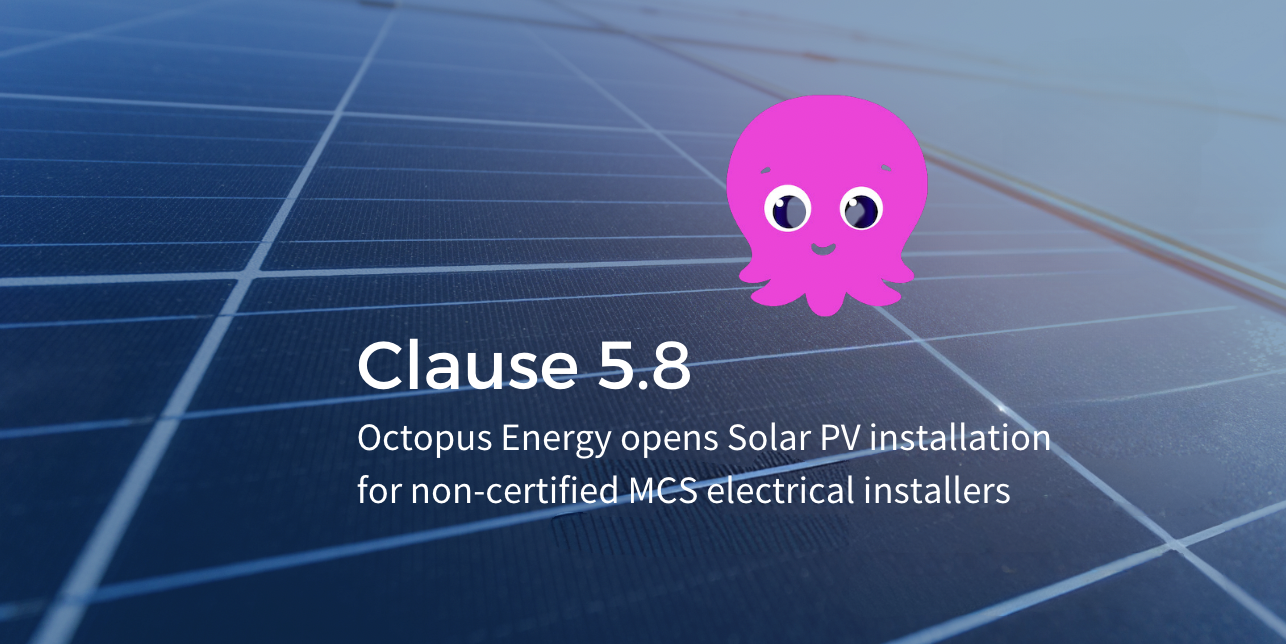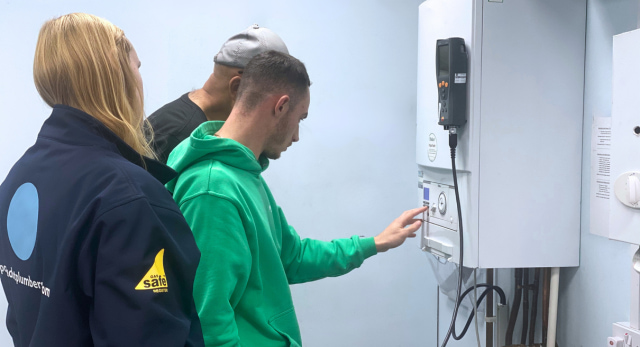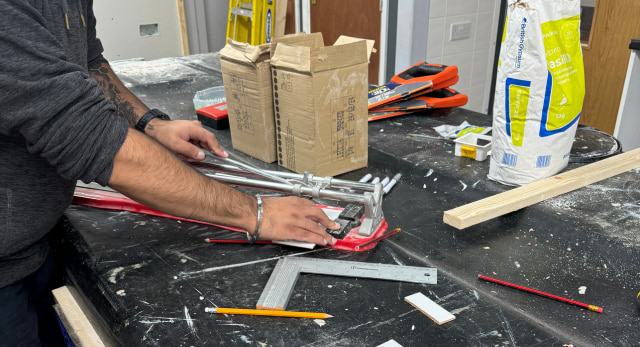Octopus Energy, named by the Renewable Energy Association (REA) as “the company that has done the most to advance UK renewables”, has made a change to its terms and conditions: solar PV systems no longer have to be MCS certified in order for end users to access the Smart Export Guarantee (SEG).
In this blog we explain what this might mean for electricians and their customers.
What is the Smart Export Guarantee (SEG)?
The SEG is a government-backed initiative launched on 1 January 2020. Replacing the Feed-in-Tariff, the SEG ensures that small-scale electricity generators (i.e. homeowners with solar PV or wind turbine) get paid for the electricity they generate and export back to the National Grid.
To access the SEG, the electricity generating system has to be registered with the District Network Operator (DNO) and up until Octopus’ change, MCS certified.
Is it just Octopus that has made this change?
Yes, at the moment Octopus is the only energy provider that has removed the need for PV systems to be MCS certified in order to access the SEG. A PV installer without MCS certification (or the means to certify under an umbrella scheme) is limiting themselves to only working with Octopus customers.
Octopus offers extremely attractive SEG tariffs, however, paying out much more than any of the other energy companies, which means that many people switch to Octopus once they’ve installed renewable electricity generating technology. Octopus’ position in the marketplace is why this shift in their Ts & Cs is interesting.
Do you need to be an electrician to install PV?
Solar PV is a complex electrical system that must be installed by an electrician. Our PV installation training is designed for experienced electrical operatives and there are certain pre-requisites required before taking the course, such as 18th Edition Wiring Regulations and Initial Verification and Inspection.
Should I bother with MCS?
In Logic4training’s opinion, yes. As mentioned, at the moment it is only Octopus which has removed the need for solar PV systems to be MCS certified.
If you are a sole trader, many larger companies offer MCS umbrella schemes, which means they will look after the MCS certification part for you.
For most people, choosing renewable technology is a considerable up-front financial investment, so they will be looking for an installer that comes with some assurances – MCS offers that assurance, protecting the end user should things go wrong.
There are some reforms being introduced to the MCS process next year which should make it more straight forward.
How do I help my customers access the SEG?
Whether your MCS certified or not, it’s important that solar PV installers can help their customers access the SEG. Ideally, you should be able to do the DNO paperwork for them, a process that is covered in our solar PV training course.
Where possible, you should encourage your customers to install battery storage alongside their PV system. The more energy they can use themselves, the better the returns. Octopus’s most attractive tariffs are designed for people with a battery and savvy consumers can charge-up when energy’s cheapest, regardless of the solar PV.
Train and save!
For a limited time only, Logic4training is offering 50% off its electrical energy storage systems (EESS) course when you booked in conjunction with solar photovoltaic training.
These courses are designed for experienced electricians, but if you are missing some of the necessary pre-requisite qualifications, we are also offering a 25% discount on 18th Edition Wiring Regulations and Initial Verification and Inspection training.









